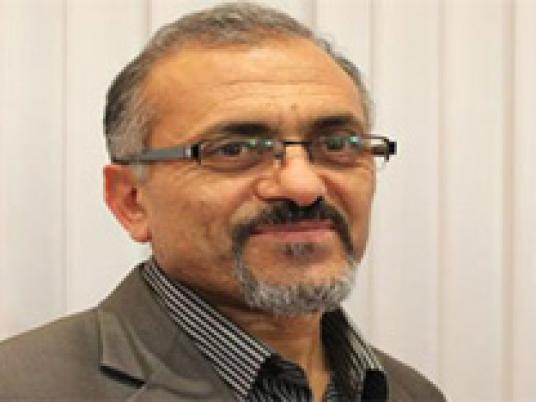
Egypt Independent met with Ameur Larayedh, Tunisia's Ennahda political bureau head, constitution-writing assembly member and well-known moderate, who returned to Tunisia last year after 20 years of exile in France. He spoke about his party's position vis a vis the emerging Salafi movement in Tunisia and Ennahda's own plan for reforming state institutions.
Egypt Independent: How does the Nahda party perceive the Salafi question in Tunisia?
Ameur Larayedh: There are several types of Salafism. One type is represented by young men who bear genuine religious feelings. There is no problem with this group as long as the matter is confined to their own piety. But there is another type of Salafism, and this is represented by small groups of Salafis who resort to coercion. We will enforce the law on this type of Salafis. But we will not go beyond the law. We are not going to confront these groups with collective punishment as the former government used to do. The logic of collective punishment is over.
EI: Some secular opposition voices are quite terrified by Salafis. What is your assessment of their fears?
Larayedh: It is not about fear, but it is about deliberate attempts to magnify the matter. Some seek to portray Tunisia as if it were Kandahar or Tora Bora.
EI: Who are you talking about?
Larayedh: We call them the victims of the elections. Those who lost the elections and want to project a negative image about the situation in the country and they strive to magnify small and partial incidents.
EI: But your party is also accused of being lenient on Salafis, letting them cause turmoil so you can distract people from their real problems such as poverty, unemployment and the scarcity of water.
Larayedh: No, it is those who magnify the Salafi symptoms who want to distract people and turn them against the government. They overrate Salafism and want to push for collective punishment.
EI: Your party is also accused of not introducing any genuine reforms to state institutions such as the police and judiciary. Some claim that you are only driven by a desire to inherit the ancien regime’s corrupt structures and have them work in your favor.
Larayedh: Like Egypt, corruption is pervasive in the Tunisian bureaucracy and there is no social justice. This requires a lot of work to achieve reform. The Troika exerts a lot of effort in this realm. More than 2,000 corruption cases have been referred to the judiciary. A large number of judges were forced into retirement or prosecuted because of their involvement in corruption. Many police officers who were implicated in torture and corruption were also forced into retirement or stood trial. Some development projects have been already launched in different provinces.
This piece was originally published in Egypt Independent's weekly print edition.



